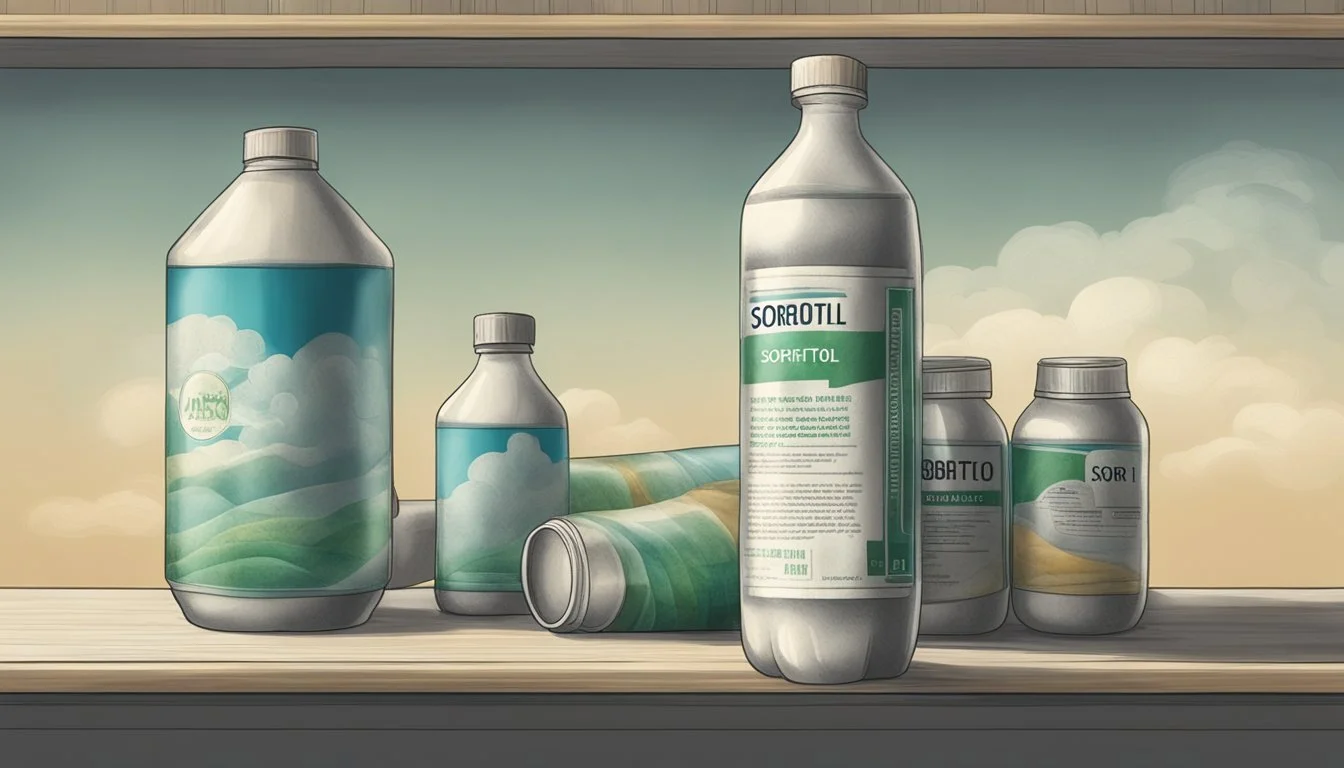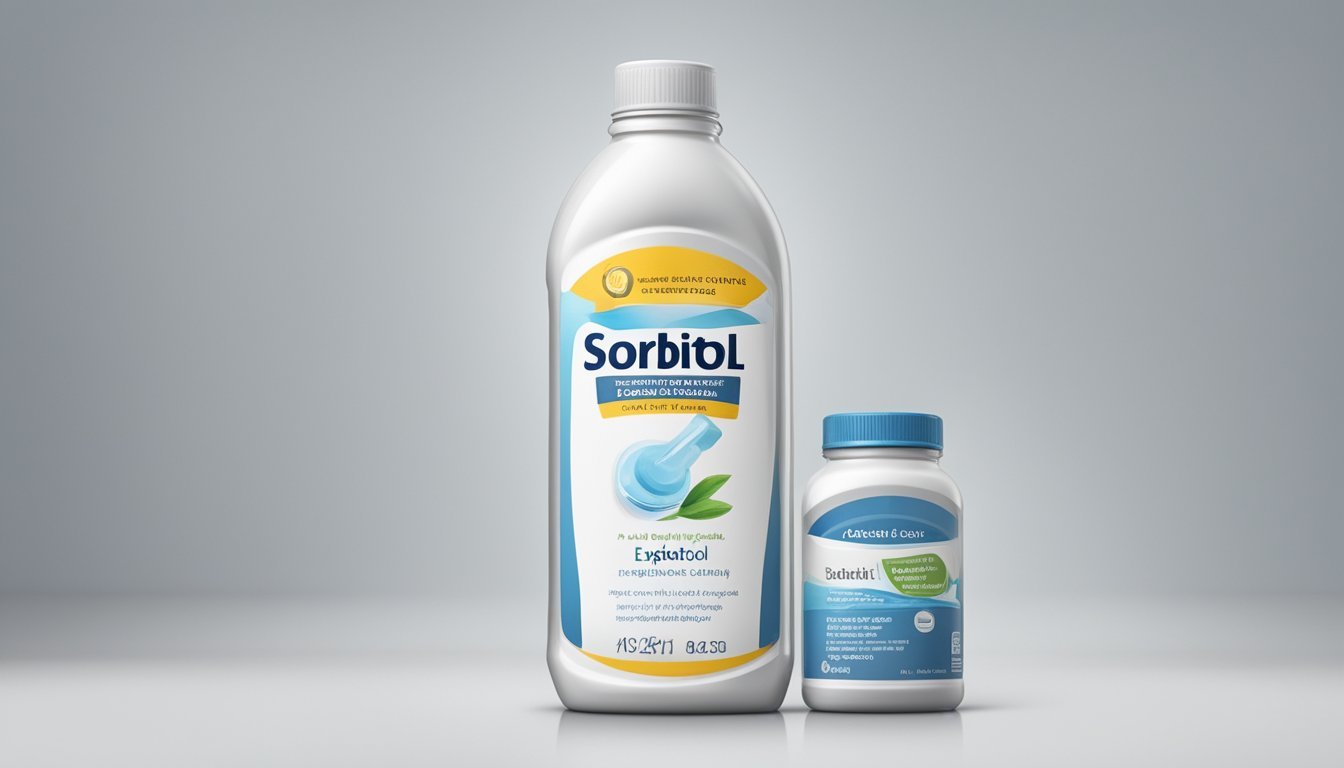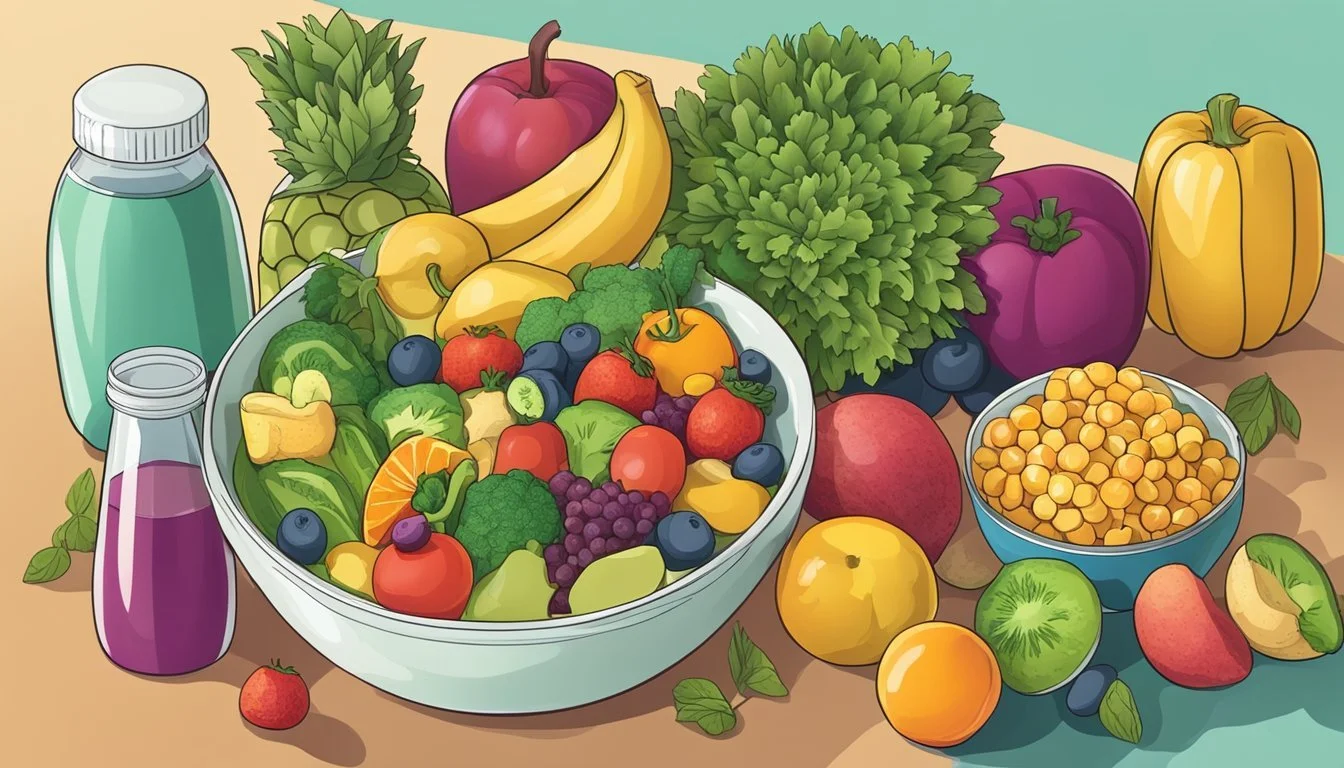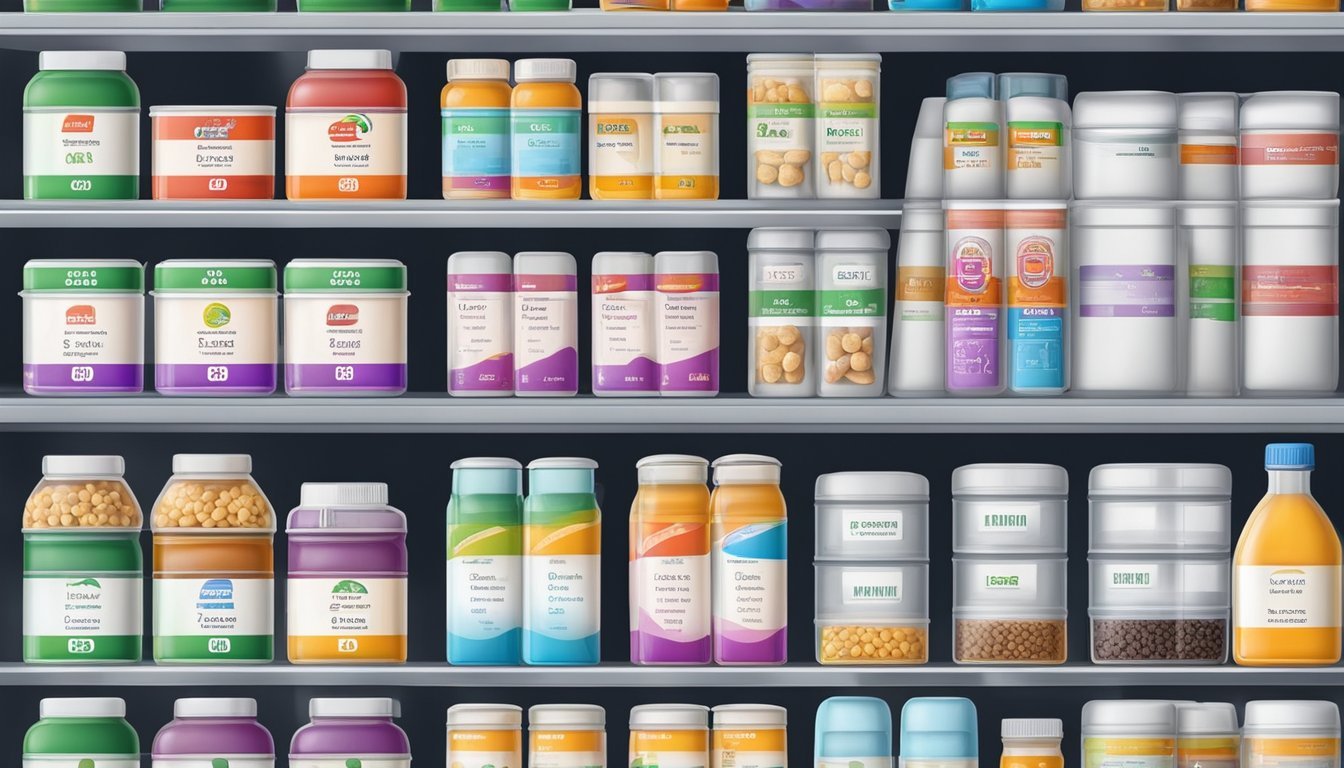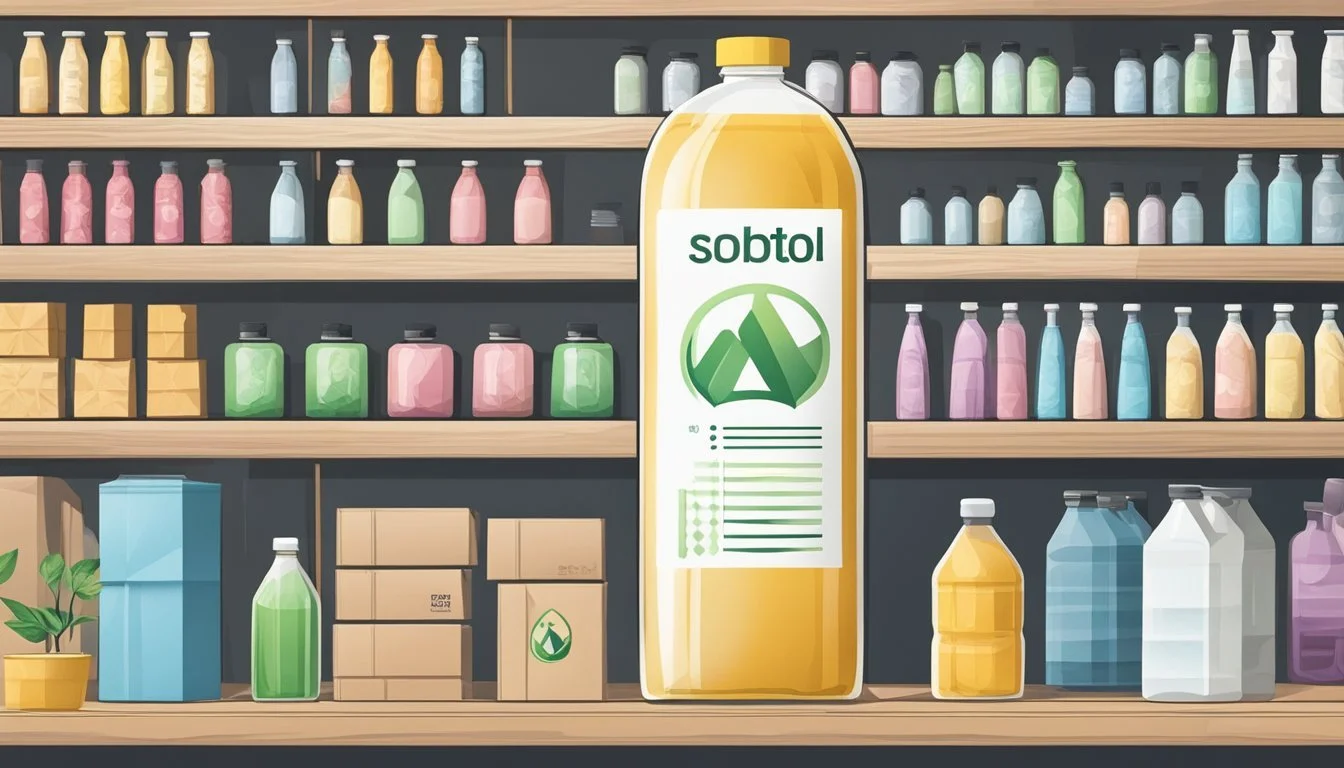Does Sorbitol Go Bad?
Shelf Life and Storage Tips
Sorbitol, a naturally occurring sugar alcohol, often raises questions about its shelf life and stability. As a sweetener, it is commonly used in a variety of food products and pharmaceutical applications due to its low glycemic index and sweetness compared to sucrose. Sorbitol does not go bad in the traditional sense but can degrade under certain conditions, potentially affecting its efficacy and safety.
Exposure to moisture, heat, and light can accelerate the degradation process of sorbitol. Proper storage in a cool, dry, and dark environment can significantly extend its shelf life. Sorbitol's stability over time makes it a reliable ingredient, but attention to storage conditions is crucial for maintaining its quality and functionality.
Understanding the potential for degradation and proper storage practices can help consumers and manufacturers make the most out of this versatile sweetener. By effectively managing its storage, one can ensure its continued use without compromising on quality or safety.
Chemical Properties and Stability of Sorbitol
Sorbitol, also known as glucitol, is a type of sugar alcohol commonly used for its sweetening properties. It is chemically identified as C6H14O6.
This compound is water-soluble and typically appears as a white, crystalline powder.
Chemically, sorbitol is produced by the reduction of glucose, transforming the aldehyde group into a primary alcohol group. This reaction gives sorbitol its chemical stability.
Property Value Chemical Formula C6H14O6 Molecular Weight 182.17 g/mol Solubility in Water Highly soluble Melting Point 95-100°C
Sorbitol is known for its stable chemical properties, making it resistant to decomposition under various conditions. Its non-cariogenic nature means it does not contribute to tooth decay, unlike many other carbohydrates.
Sorbitol shows excellent stability in both alkaline and acidic environments, which allows it to be used in a wide range of food and pharmaceutical products. Products containing sorbitol benefit from its humectant properties, helping to retain moisture.
Sorbitol does not easily go bad under normal storage conditions. It should be kept in a well-sealed container to prevent moisture absorption and contamination. Stored properly, sorbitol can maintain its sweetness and functional properties for extended periods.
Sorbitol as a Food Additive
As a versatile sweetener, sorbitol offers multiple functional benefits in various food products. Its use spans across many categories, making it a staple in sugar-free and reduced-calorie options.
Applications in Food Products
Sorbitol is commonly used in chewing gum, ice cream, baked goods, and beverages. Due to its lower calorie content compared to sucrose, it provides a suitable option for sugar-free and dietetic foods. Sorbitol's hygroscopic nature helps maintain moisture, improving texture and shelf life in baked items and confectioneries.
In chewing gum, it prevents the gum from becoming too hard. In ice cream and desserts, sorbitol acts as a stabilizer and prevents crystallization, ensuring a smooth texture. Packaged foods benefit from sorbitol's ability to reduce unwanted sugar spikes, given its low glycemic index.
Regulation by Food Authorities
The use of sorbitol as a food additive is regulated by multiple authorities, including the Food and Drug Administration (FDA). The FDA recognizes sorbitol as a safe and suitable sweetener. It is listed under the food additive code E420 in the European Union, reflecting its approval for use in various food categories.
Regulatory bodies ensure stringent guidelines for its application, dictating permissible levels in different food products. This ensures consumer safety while allowing manufacturers to leverage the benefits of sorbitol efficiently. These regulations underscore the comprehensive safety assessments that sorbitol has undergone to be deemed acceptable for widespread consumption.
Health Aspects of Sorbitol Consumption
Sorbitol, a sugar alcohol, is used as a low-calorie sweetener in various foods and products. It offers certain health benefits but can also pose some challenges.
Impact on Diabetes and Blood Sugar Levels
Sorbitol has a glycemic index of only 9, which means it minimally impacts blood sugar levels. This makes it a useful alternative for people with diabetes. Due to its lower sweetness compared to sucrose (50-70%), sorbitol can be included in a diabetic's diet without causing significant spikes in blood glucose. However, excessive consumption should be monitored as it still contributes to the overall carbohydrate intake.
Digestive Health and Side Effects
Many people, especially those with a sorbitol intolerance, experience digestive issues. Symptoms can include abdominal pain, bloating, nausea, gas, and diarrhea. Consuming more than 10 grams can often lead to these problems. Sorbitol is not fully absorbed from the small intestine, leading to fermentation and gas production in the colon. This can make it unsuitable for those with sensitive digestive systems or conditions like irritable bowel syndrome.
Effects on Dental Health
Sorbitol is non-cariogenic, meaning it doesn't contribute to cavities or tooth decay. Bacteria in the mouth cannot ferment sorbitol, preventing the production of acids that erode dental enamel. This makes it a common ingredient in sugar-free gums and dental health products. Although it is not as effective as xylitol in reducing oral bacteria, it still plays a role in maintaining dental hygiene.
Weight Management Considerations
As a reduced-calorie sweetener, sorbitol can assist in weight management. It provides about 2.6 calories per gram, which is less than regular sugar. Incorporation into a diet can help reduce total calorie intake, potentially aiding weight control efforts. Nevertheless, overconsumption may still contribute to weight gain and other health complications, such as obesity and heart disease. Moderation is key for achieving desired weight management outcomes.
Sorbitol in a Healthy Diet
Sorbitol is a sugar alcohol found in various fruits and vegetables and used as a sweetener in many sugar-free products. It offers certain benefits and considerations for those looking to maintain a healthy diet.
Comparing to Other Sweeteners
Sorbitol has a glycemic index of only 9, indicating a minimal impact on blood glucose levels, especially compared to table sugar. This makes it a suitable choice for individuals managing their blood sugar levels, including diabetics.
Sugar Content Comparison:
Sweetener Sweetness (compared to Sucrose) Glycemic Index Sorbitol 50-70% 9 Sucrose 100% 65 Erythritol 70% 1 Xylitol Similar to Sucrose 12
Sorbitol is also a low-digestible carbohydrate. Since our bodies partially absorb it, there’s a reduced caloric intake compared to other sweeteners. It thus fits well into weight management plans and sugar-free diets.
Natural Sources of Sorbitol
Sorbitol is naturally present in many fruits. Apples, berries, and dates are among the common sources. Including these whole foods in a diet not only provides sorbitol but also essential nutrients and fiber, contributing to overall health.
Natural Sorbitol-Rich Foods:
Apples: A medium-sized apple offers almost 2 grams of sorbitol.
Berries: Certain berries, particularly blackberries, contain lower sorbitol amounts.
Dates: Dates exhibit a higher sorbitol content and are often used as natural sweeteners.
Incorporating these fruits helps maintain a balanced diet while benefiting from sorbitol’s properties. It’s ideal to consume these in moderation, ensuring a varied intake of essential nutrients from different fruits and vegetables.
Shelf Life and Storage of Sorbitol
Sorbitol is a type of sugar alcohol used widely in various applications. Proper storage is crucial to maintaining its stability and effectiveness.
When stored in optimal conditions, sorbitol can last for several years. Ideal conditions include a cool, dark, and dry place, free from extreme temperature fluctuations. Exposure to heat, light, and moisture can degrade its quality.
Tip for Storage: Keep sorbitol in an airtight container to prevent moisture absorption. Moisture can significantly reduce its shelf life and effectiveness.
The shelf life of canned sorbitol is influenced by storage conditions. Under ideal conditions, it can remain effective for years, whereas exposure to adverse conditions can shorten its lifespan.
Temperatures: Maintaining a stable, cool temperature ensures the compound's longevity. Avoid storing it near heat sources or in direct sunlight.
Water Sensitivity: Sorbitol is sensitive to moisture. Keeping it dry is essential for preserving its quality. A desiccant packet in the container can help absorb any accidental moisture.
These factors are key to ensuring that sorbitol remains effective and safe for use over an extended period.
Environmental and Ethical Considerations
Sorbitol production involves synthesizing the compound from glucose, primarily derived from corn syrup. This process can have environmental impacts due to the agricultural practices involved in corn cultivation, such as pesticide use and water consumption.
Sustainability is a key concern in the production of sorbitol. Corn farming often relies on monoculture, which can lead to soil degradation and loss of biodiversity. Efforts to minimize these impacts include crop rotation and sustainable farming practices.
Ethical considerations also arise from the commercial production of sorbitol. The use of genetically modified organisms (GMOs) in corn can be a point of contention. Consumers and producers must consider the implications of GMOs on health and the environment.
The environmental impact of sorbitol extends to its biodegradability. Sorbitol is more biodegradable compared to some artificial sweeteners, making it preferable in terms of waste management. However, the reduction of glucose to sorbitol requires significant energy, contributing to its carbon footprint.
In terms of ethical considerations, it’s important to consider the labor practices in the agricultural and manufacturing processes. Ensuring that workers’ rights are upheld and that they receive fair wages is essential for ethical production.
While sorbitol offers advantages over some synthetic sweeteners, its production and use still require mindful consideration of environmental and ethical impacts. Sustainable practices and ethical sourcing are crucial for mitigating these challenges.

